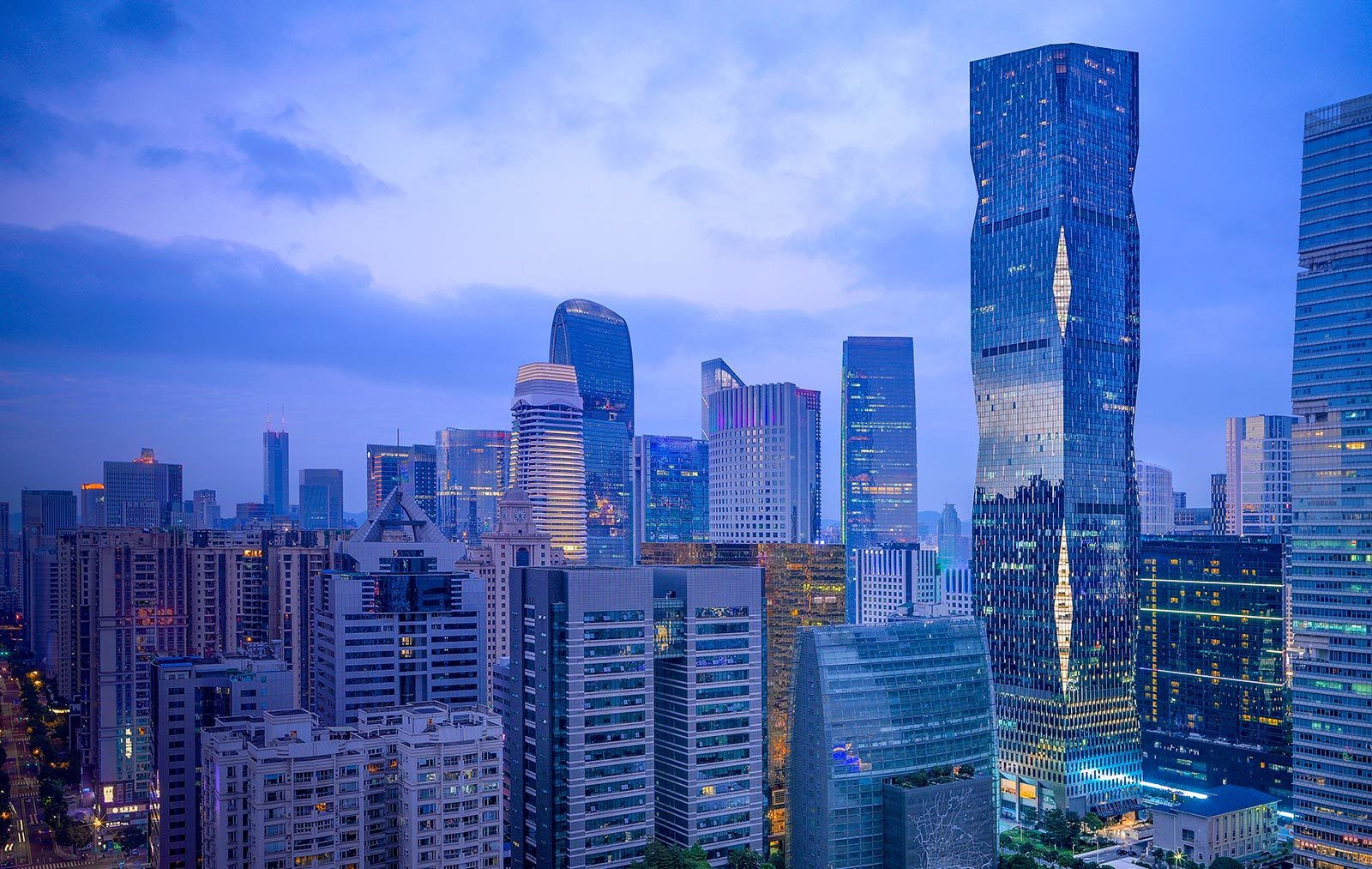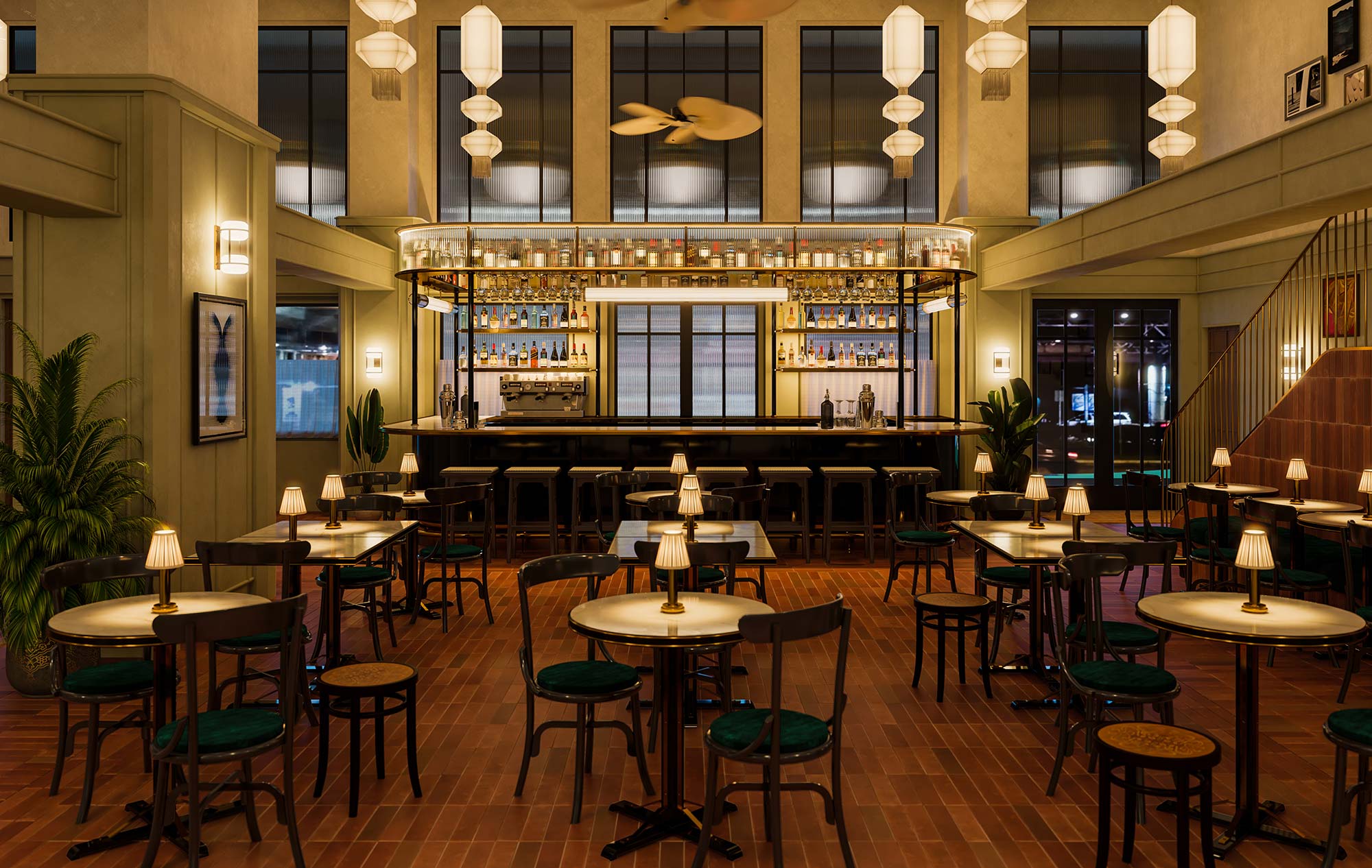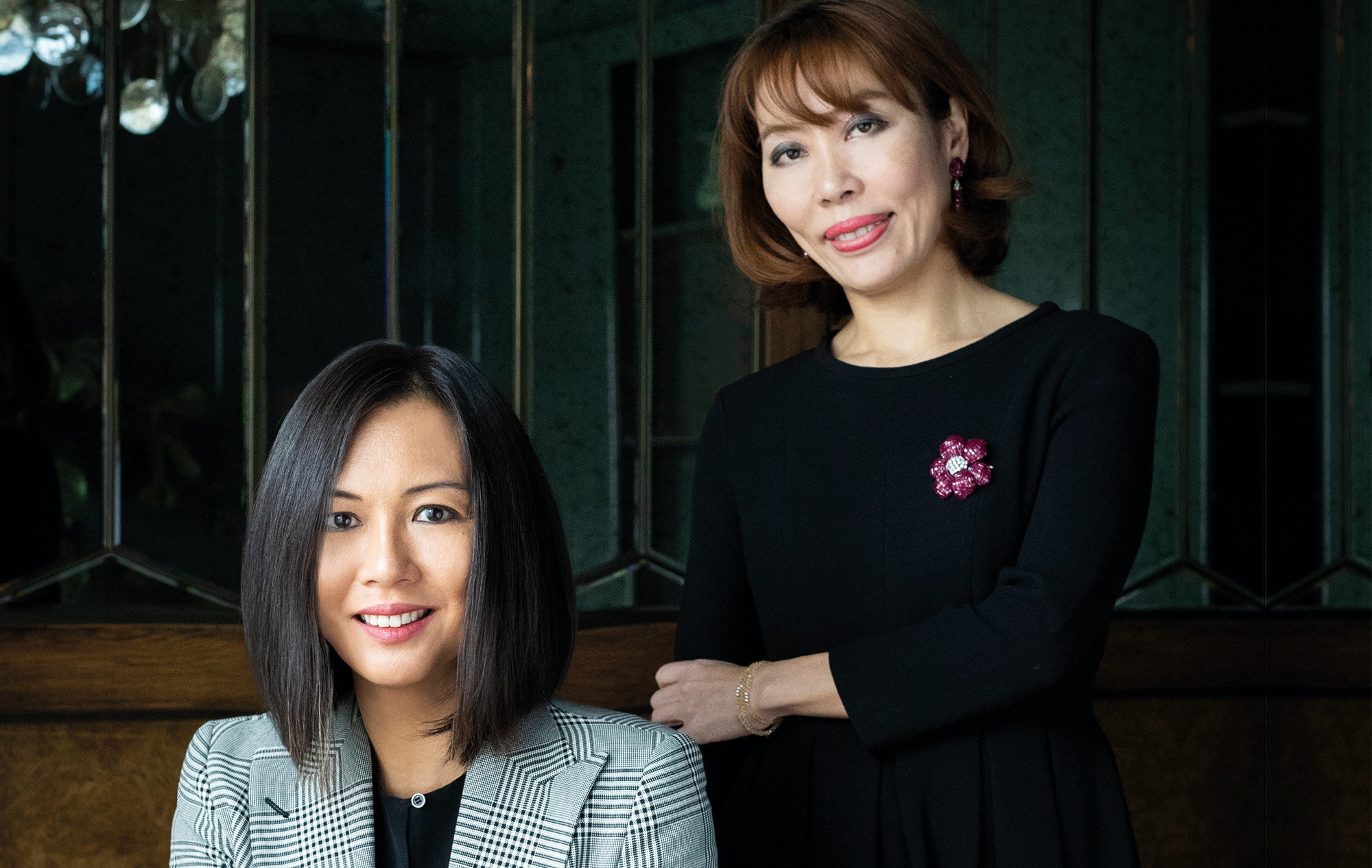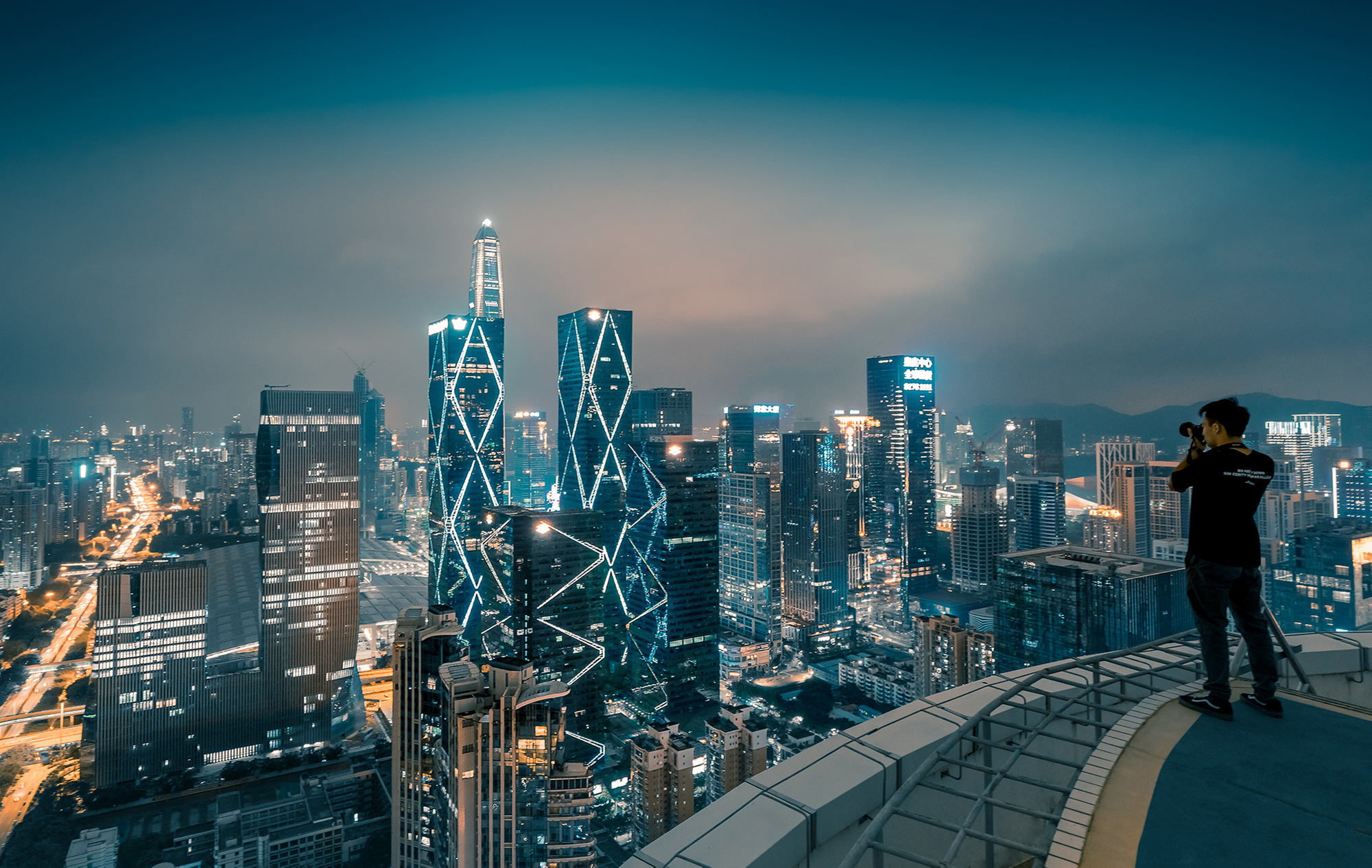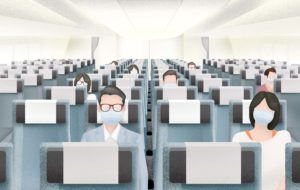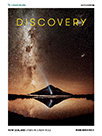The Philippines is one of the fastest-growing economies in Southeast Asia. Metro Manila is its heart and is beating furiously to catch up with more established startup cities in the region such as Singapore and Kuala Lumpur.
The changes in the city have been dramatic and largely driven by the private sector. ‘Five years ago, we were fresh from the first ever Startup Weekend Manila, the concept of startups was still entering the mainstream and sources of funding had yet to be established,’ says Jay Fajardo, programme director of Launchgarage, a startup accelerator.
Now the city boasts big-name regional and global players. In May 2016, HP and Microsoft launched a co-working hub, offering another option in a city that already had places like A Space, Acceler8, Penbrothers, Bit Space, Clock-In and Square One BGC for entrepreneurs to gather. Plenty of incubators – including Kickstart, IdeaSpace, Hatchd, Launchgarage, Brainsparks, FutureNow Ventures and Eden Holdings – have helped to nurture home-grown talent. There’s also been no shortage of VC funds providing monetary support.
Manny Ayala is the managing director of Endeavor, one of numerous organisations focused on helping entrepreneurs. The strong support network, he says, has built a climate where ‘more and more locals are taking the plunge into the startup world’. Ayala says this ecosystem has been complemented by an influx of Filipino-Americans, returning Filipinos and foreign nationals, many of whom have contributed to the thriving startup scene.
The government has stepped up, too. A startup bill is being pushed in congress, and the Philippine Roadmap for Digital Startups was launched at the 2016 Geeks on the Beach tech conference on Boracay Island. These are moves in the right direction. ‘What is needed is a push from decision-makers and influencers,’ says Karen Vera from accelerator Impact Hub Manila. ‘The entrepreneurial scene in Manila is growing really fast and the Philippines is in a perfect position to be the entrepreneurship hub in the ASEAN.’
The Person: Minette Navarrete
Building a startup ecosystem
‘I’m drawn to discovery – wandering into unexplored areas, doing what no one has done before,’ says Minette Navarrete, vice chairman and president of Kickstart Ventures, the corporate venture capital subsidiary of Globe, a major provider of telecom services in the Philippines.
The nascent startup industry in the Philippines is her playground. Kickstart invests in startups, mentors founders (including fielding 3am distress calls, says Navarrete) and is a startup evangelist. ‘We help build bridges between startups and large enterprises and corporations, who could be great partners for startups if they had a better appreciation of their differing cultures and processes,’ she says. Kickstart is also behind the monthly Raid The Fridge startup gathering in the city.

Navarrete has been involved since the start. In 2011, Globe organised the very first Startup Weekend in Manila, billed as a three-day startup crash course. ‘From then on, we saw the beginnings of an actual startup scene,’ she says. ‘Circles of startups and their founders started to become more visible. Investors of various types – angels, super angels, foundations, venture capital firms – started to take notice. Tech events became more popular, and developer communities became more visibly active.’ Soon Amazon, Google, Microsoft and Facebook got involved.
The global hype surrounding startups coupled with hard work on the ground in Manila have had a huge impact in the past five years, but, she argues, there is more to be done. Navarrete and her team are leading discussions with the government to seek support. ‘Where we would like to get government support is in the area of public policy, to create a business and operating environment that is open to innovation, conducive to starting new, creative startups, and attractive for investors who fund these endeavours with large sums of risk capital.’
The Product: Kalibrr
A marketplace of job seekers

Kalibrr is a cloud-based job-matching service disrupting established systems in the Philippines and Indonesia. It doesn’t charge for placing job adverts; instead, companies seeking to hire search a candidate database for free and then pay a fee – just PHP50 (HK$7.80) – for being able to contact a candidate. The system also offers a text messaging option as this has proved more popular than email contact. It has one million jobseekers in its system.
The model has attracted big money. Kalibrr closed a US$2 million first round of funding and received $1.6 million in a second round. And the company has its sights set on the rest of the region. ‘Our mission is to connect people to the jobs and careers that can transform their lives, so our ambition is to bring this mission to as many people as possible, starting in Southeast Asia,’ says Paul Rivera, who co-founded the company with Dexter Ligot Gordon.
The two founders were both originally from the Philippines although they met while studying at the University of California, Berkeley. They set out a plan to change the recruitment market and headed home. Rivera says he chose Manila partly because he knows it well and because of the Philippines’ strong, emerging economy. That the country has flown under the radar so far is also a plus. ‘For startups in particular, there’s very little competition from either established companies or other startups,’ he says. ‘It’s Southeast Asia’s best kept secret.’
What to Watch
Look down
SkyEye uses drones to take on projects such as aerial mapping and surveying. The company can quickly chart boundaries and determine land usage. Founder Matthew Cua says there are plans to export SkyEye’s solutions around the world.
Home pages
Online homebuying portal ZipMatch lists thousands of real estate developments. It was the first Filipino startup to win a place on Google’s Launchpad Accelerator programme. The team was flown to Silicon Valley, given mentorship and got US$50,000 of equity-free investment.
Full benefits
Horsepower is a platform providing healthcare coverage to the self-employed and to those working for small and medium-sized enterprises. His venture had more than 2,000 customers in late 2016 but this number is growing fast.
Cathay Pacific flies to Manila from Hong Kong 48 times a week





